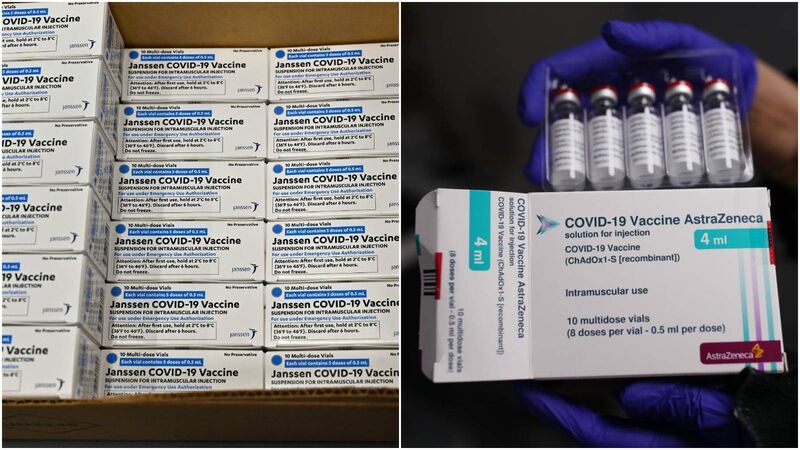Q&A: Everything under-40s need to know about the vaccine rollout

Adults under the age of 34 will be given the option to register for the Johnson & Johnson/Janssen and AstraZeneca vaccines.
The Health Minister has confirmed adults under the age of 34 will be given the option to register for the Johnson & Johnson/Janssen and AstraZeneca vaccines.
Stephen Donnelly received a revised vaccination plan from the HSE last night based on new recommendations that those under the age of 35 can be given all four vaccines.













